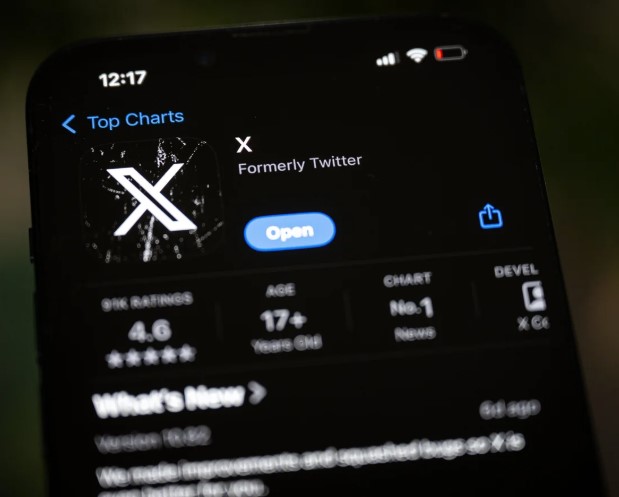X, the social media platform formerly known as Twitter, experienced a significant outage on March 10, 2025, affecting thousands of users worldwide. Elon Musk, the owner of X, claimed that the disruption was caused by a “massive cyberattack” originating from IP addresses linked to the “Ukraine area.” While Musk’s statement has drawn attention, cybersecurity experts caution against prematurely attributing the attack solely based on IP addresses.
Scope and Impact of the Cyberattack
The cyberattack led to widespread service disruptions, with users across multiple regions reporting issues accessing their accounts, sending messages, and viewing posts. According to Downdetector, a website that tracks online service outages, complaints surged dramatically within minutes of the initial disruption, affecting users primarily in North America, Europe, and parts of Asia.
Elon Musk took to the platform to announce the attack, stating that a significant number of IP addresses linked to Ukraine were involved in the disruption. However, the extent of the attack’s impact on X’s internal systems remains unclear, with Musk providing limited technical details.
Dark Storm Team Claims Responsibility
Shortly after Musk’s announcement, the pro-Palestinian hacker group known as “Dark Storm Team” claimed responsibility for the attack. The group, which has previously targeted NATO allies and Israeli organizations, asserted that the disruption was part of their broader campaign against Western institutions. However, verifying these claims is difficult, as cybercriminals often exaggerate their capabilities to spread fear and uncertainty.
Dark Storm Team’s alleged involvement raises questions about whether the attack was state-sponsored, politically motivated, or simply an opportunistic attempt to exploit X’s vulnerabilities. Cybersecurity analysts have noted that the group has a history of using Distributed Denial of Service (DDoS) attacks, a method that floods targeted systems with excessive traffic, leading to service disruptions.
Cybersecurity Experts Warn Against Quick Attribution
While Musk’s statement about the attack originating from Ukraine has fueled speculation, cybersecurity professionals caution that attributing cyberattacks based on IP addresses alone is unreliable. Attackers frequently use compromised networks or VPN services to disguise their real locations. This tactic, known as “IP spoofing,” allows cybercriminals to mislead investigators and shift blame to other nations.
Cybersecurity researcher Jake Williams, a former NSA hacker, explained that “just because an attack appears to originate from a certain region does not mean the perpetrators are actually located there.” He emphasized the importance of conducting thorough forensic investigations before drawing conclusions.
The Ukrainian government has not issued an official statement regarding the allegations, but previous cyber incidents linked to Ukraine have often been part of larger geopolitical conflicts. Given the ongoing tensions between Russia and Ukraine, some experts speculate that Russian cyber operatives might have staged the attack to create confusion.
Elon Musk’s Response on this Cyberattack and X’s Security Measures
In response to the attack, X implemented emergency security measures, including temporarily limiting account access, increasing traffic monitoring, and deploying countermeasures to mitigate further disruptions. Musk assured users that the platform’s engineers were working to restore full functionality and enhance its defenses against future attacks.
Musk has previously emphasized the importance of securing X against cyber threats, particularly after the platform underwent major structural changes following his acquisition. Despite these efforts, X has faced multiple outages in recent months, leading critics to question whether the company has done enough to protect its infrastructure.
The incident has also reignited discussions about the broader risks of cyber warfare, as major digital platforms remain prime targets for state-sponsored and independent hacker groups. Experts argue that as platforms like X become central to global communication, ensuring their security should be a top priority.
The recent cyberattack on X highlights the growing threats faced by social media platforms in an era of escalating cyber conflicts. While Elon Musk has pointed to Ukraine as a possible source, cybersecurity experts urge caution in assigning blame without conclusive evidence. As investigations continue, the incident serves as a reminder of the vulnerabilities that even the largest digital platforms must contend with in an increasingly interconnected world.
